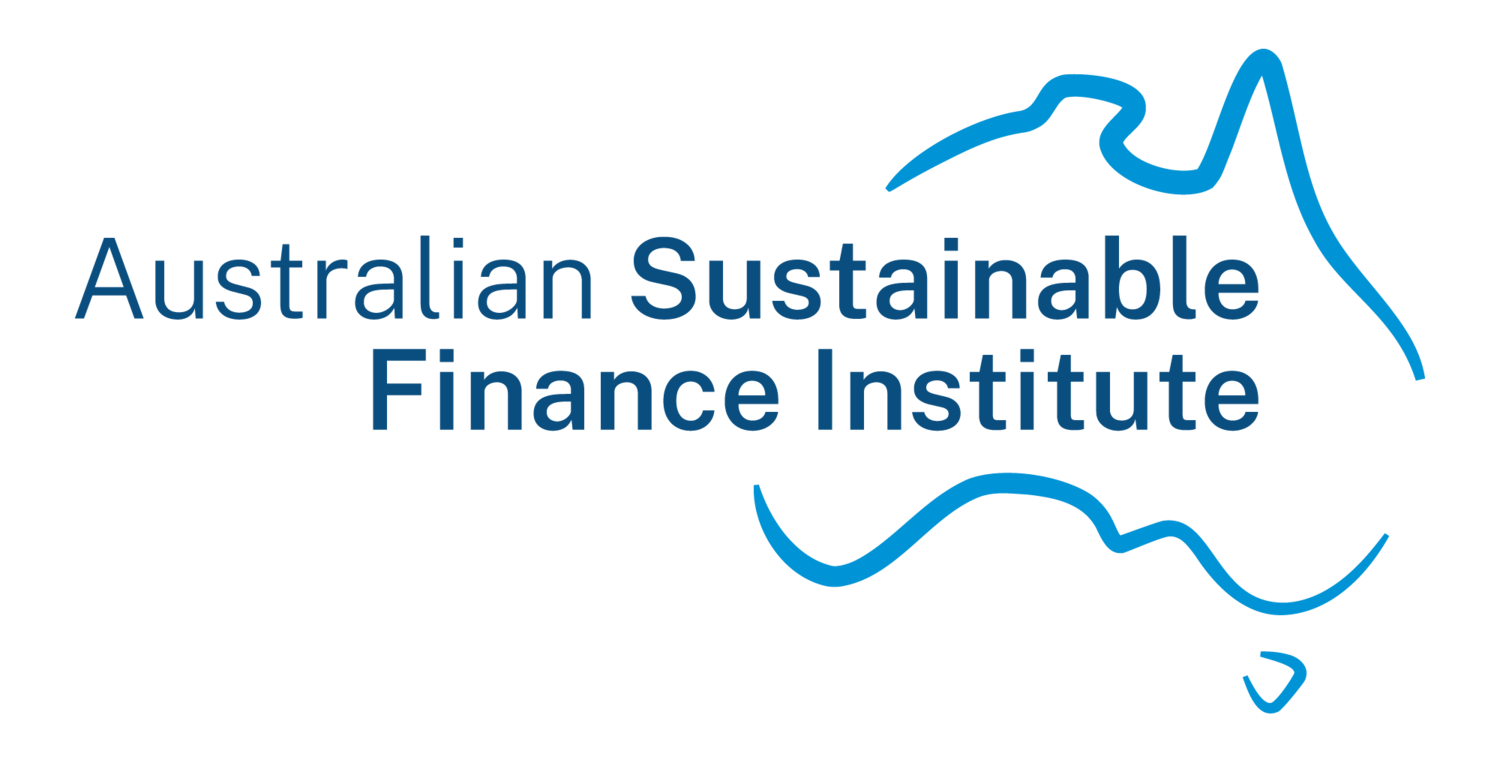
ASFI Momentum Tracker
The Roadmap, launched in November 2020, comprising 80 organisations spanning insurers, major banks, superannuation funds, civil society, and academia, made 37 recommendations to enable the financial services sector, along with regulators and governments, to strengthen Australia’s financial system with the aim of recovering from the impacts of COVID-19 and delivering a transition to a net zero, resource-efficient and inclusive economy.
The Momentum Tracker details more than 30 case studies and activities underway that help to achieve the ASFI Roadmap recommendations and shows the sector is moving from plans to action, demonstrating the significant activity underway within Australia’s financial services sector to contribute to the delivery on our national goals, including net zero emissions by 2050 and contributing to the Sustainable Development Goals.
Tracking our progress to the Roadmap recommendations
Roadmap domain
Embedding sustainability into leadership
22 CASE STUDIES
8 RECOMMENDATIONS
Roadmap domain
Enabling resilience for all Australians
14 CASE STUDIES
9 RECOMMENDATIONS
Roadmap domain
Integrating sustainability into practice
32 CASE STUDIES
13 RECOMMENDATIONS
Roadmap domain
Building sustainable financial markets
31 CASE STUDIES
7 RECOMMENDATIONS
Case Study observations and tracking the Roadmap
The case studies gathered as part of the Momentum Tracker illustrated the different ways that some financial market participants are utilising the ASFI Roadmap recommendations.
Steps to help you implement Roadmap recommendations
ASFI’s primary focus in developing the roadmap was to identify actions that can be taken by financial institutions and other key participants in the financial ecosystem, including (but not limited to) banks, insurers and investors, industry groups, regulators, governments, academia and other participants. Building on this momentum, we have compiled some suggested actions for organisations and entities as we move towards collectively reinforcing and accelerating the progress that has been made thus far. In addition, some financial participants have already undertaken a gap analysis of their actions against the 37 ASFI recommendations. To support others in undertaking a similar review, a workbook has been developed to identify the recommendations and sub-recommendations that are most relevant to different types of participants across the 4 domains for change.
Tracking our progress by sector





